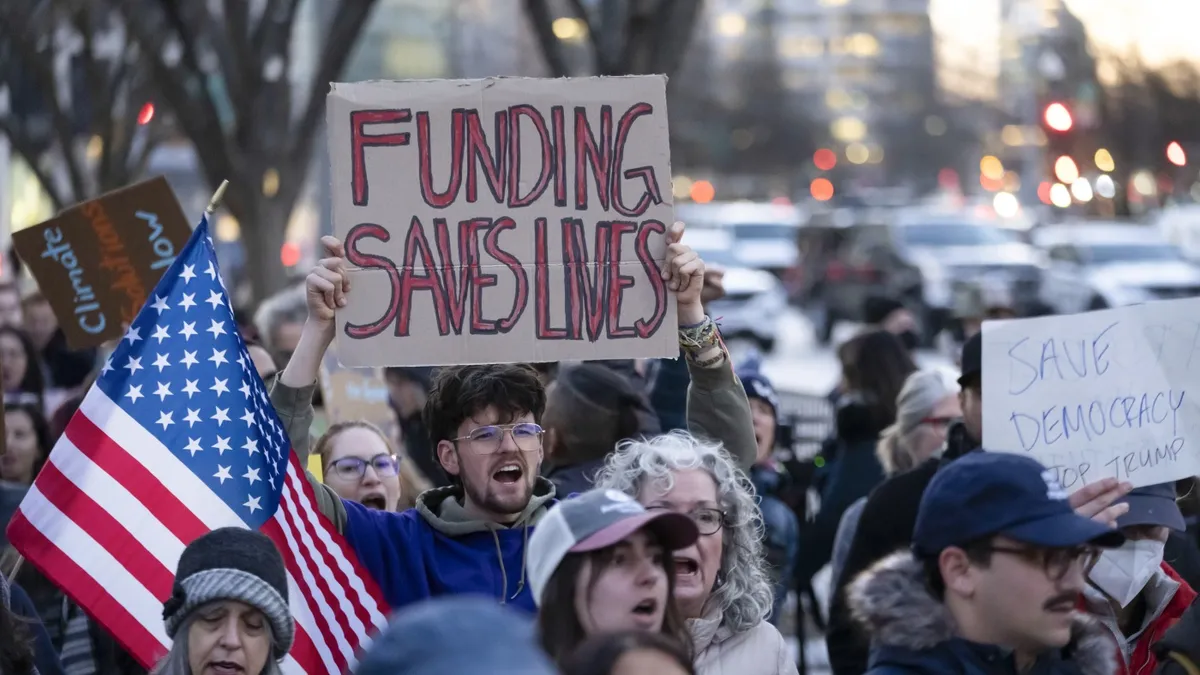
A federal appeals court delivered a significant victory for President Trump on Wednesday, allowing his administration to continue its controversial policy of freezing or terminating billions of dollars earmarked by Congress for foreign aid spending. In a decisive 2-to-1 ruling, a panel of judges from the U.S. Court of Appeals for the District of Columbia Circuit concluded that the plaintiffs, a coalition of international aid organizations, lacked the legal standing to pursue their lawsuit against the administration.
The foreign aid freeze initiated by President Trump occurred on his first day in office in January. This decision directly impacts nearly $4 billion allocated for global health programs through September and more than $6 billion designated for HIV and AIDS programs through 2028. President Trump has long criticized such foreign aid programs, labeling them as wasteful expenditures aimed at combating disease outbreaks and poverty overseas.
In February, a group of international aid organizations that were beneficiaries of the foreign aid grants filed a lawsuit against the Trump administration. In March, U.S. District Judge Amir Ali had granted a preliminary injunction against the funding freeze, stating that the administration had unlawfully halted funds allocated by Congress. However, Wednesday's ruling from the appeals court overturned this preliminary injunction, although it refrained from addressing the constitutionality of the fund terminations.
The panel of judges, which included Judge Karen LeCraft Henderson, an appointee of George H.W. Bush, and Judge Gregory G. Katsas, a Trump appointee, concluded that the grantees failed to meet the necessary criteria for a preliminary injunction. Judge Henderson emphasized this point in the ruling. In stark contrast, Judge Florence Pan, an appointee of Joe Biden, provided a dissenting opinion, arguing that the majority’s ruling was both startling and erroneous. Judge Pan asserted that when the President refuses to allocate funds appropriated by Congress due to policy disagreements, it raises serious constitutional concerns.
In response to the ruling, Mitchell Warren, the executive director of the AIDS Vaccine Advocacy Coalition (AVAC), a key organization involved in the lawsuit, condemned the decision. Warren's statement reflects the deep concern among foreign aid advocates regarding the implications of the court's ruling for future funding and support for vital health programs.
This ruling not only highlights the ongoing legal battles surrounding foreign aid policy but also underscores the broader implications for global health initiatives and the fight against diseases such as HIV/AIDS. As the situation develops, the impact of this ruling will likely resonate across both domestic and international platforms.